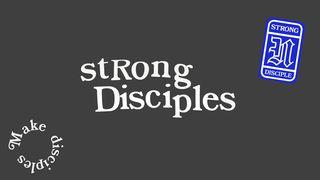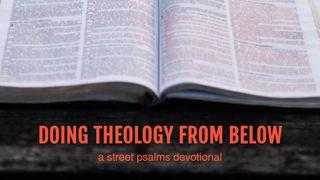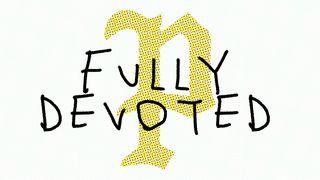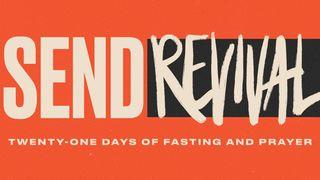Deuteronomy: At Journey's EndSample
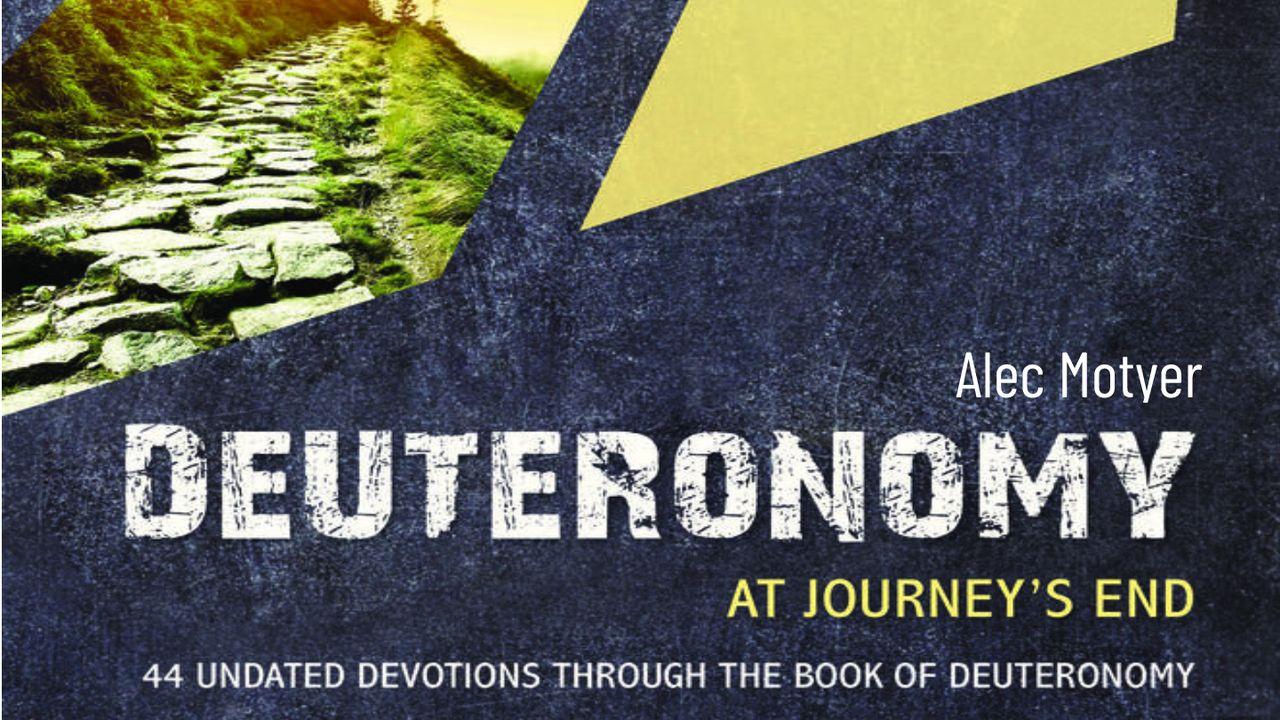
Safeguarding
Six times in this chapter (vv.1, 2, 3, 8, 10, 14) Moses reminds his hearers that they are going to live in the land the Lord will give – the land he has planned for them. What a sense of divine providence that was meant to give them! Rainfall, fruitfulness, peace, prospering – all are his plan and gift; drought, barrenness, attack, want – all are under his control and direction! But is he not equally Lord of our circumstances? And should we not have the same sense of obligation to live responsively?
In chapter 19 this response is stated in terms of integrity within the law: people must be protected from undeserved penalty (vv. 4–7); from mistaken leniency (vv. 11–13); from underhand malpractice (v. 14); and from malicious accusation (vv. 15–20). Old Testament law had a great concern to protect people, and the provision of cities of refuge is a good example. They understood degrees of murder. Manslaughter is clearly defined (vv. 4–6), and refuge is made accessible (‘centrally located’, v. 2), attainable (‘build roads to them’, v. 3) and assured (to ‘save his life’, v. 5).
The introduction of land inheritance (v. 14) may seem unexpected here, but it shows what a serious offence tampering with the Lord’s allocation was considered to be (cf. Josh. 14; 1 Kgs 21:3). Furthermore, in a rather freeflowing spoken word like this part of Deuteronomy is (chapters 19–25 are a loosely connected development of commandments 6–10), Moses links two ‘sneaky’ offences – changing boundaries and false charge. The ‘sneak’ is to be ‘rewarded’ by paying the penalty he thought to inflict (v. 19).
This principle lies behind most of the imprecations in the psalms (see Ps. 109:14–20) – the curses are not vindictive plans for personal action, nor should they even be assumed to be matched by vindictive feelings on the part of the psalmist; they are prayers that the Lord will impose the outcome of false accusation on the false accuser. True prayers leave justice to God. Neither is the summarising verse 21 a recipe for unbridled savagery, but a law of absolute equality: the punishment must match the crime exactly, no less and no more! It does not specify a punishment to be inflicted, but a principle of strict equality in sentencing.
Reflection
In Matthew 5:38–42 the Lord Jesus took issue with some who were making a principle intended to guide a judge in passing sentence into a policy of retaliation in private quarrels.
Scripture
About this Plan

In these daily undated devotions, Alec Motyer explores the timeless truths of Deuteronomy and applies them to our lives today. Just as the Israelites did, we can appreciate the wonder of God’s grace to us through repentance, experience His committed love for us, and learn more about walking in His ways.
More
We would like to thank 10ofThose for providing this plan. For more information, please visit: https://www.10ofthose.com/
